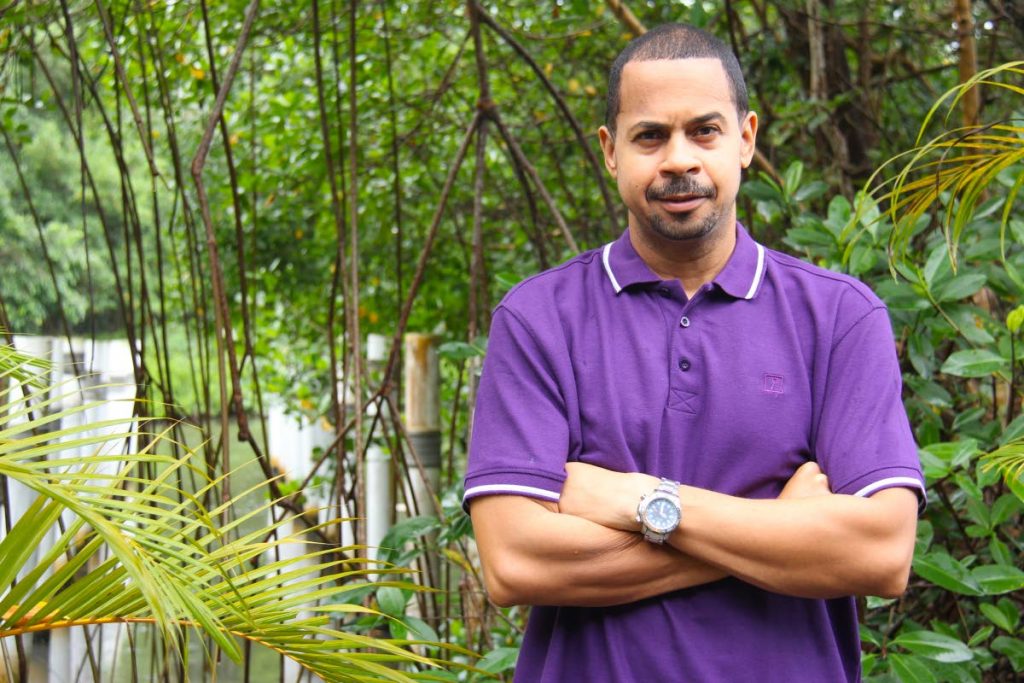Health care that sickens

RECENTLY an elderly relative of mine fell gravely ill. I thus became an unwitting initiate into a club of secondary healthcare victims: Relatives of the Sick and Martyrs of Abandoned Hope. My experience at the Mt Hope hospital was unlike anything I could ever have been prepared for.
We’ve all heard the horror stories. Seeing our health care in inaction, however, is another creature entirely. It would be unfair to say it was as bad as a mass casualty field triage tent during the Vietnam conflict, but it’s a close second.
A senior doctor at the institution clued me in on a fact that has probably escaped most of us. The central block of the Port of Spain General Hospital has been closed down. This has reportedly reduced capacity of that major hospital from 500 beds to 100. The resulting spillover is said to be straining resources at Mt Hope.
One patient hobbled into the choked triage area and said, “Nurse, I fell and I think I broke my foot.” Barely looking up from what she was doing, the nurse replied in monotone delivery, “Take a chit and go and register.” Fair enough.
Patients were shuffled back and forth only to be subjected to the most basic medical procedures. When you’re wheeled through the doors to the critical area in A&E, it’s tempting to believe a doctor will soon see you. The patient may start to feel lighter. Relief washes over relatives as they imagine their loved ones will be treated shortly.
Warning: if such symptoms appear, hit yourself two hard slap, siddong and keep your a--- kwart. Relatives aren’t allowed to hover in the critical area, only to check in with their patient periodically.
I spoke with a man who had been sitting in the same chair complaining of chest pains since the day before I arrived. We got to the hospital at 2 pm and didn’t see a doctor until around 10 pm. In the crowded critical area patients either writhed in agony on gurneys lining the hallway, or relentlessly shifted their behinds in uncomfortable chairs for hours on end. Doctors stood around filling out copious paperwork while the bleeping of machines chimed occasionally with groans of the suffering and the wretched.
Patients’ relatives stood or sat still like artist models inside the critical area. Presumably, they were hoping their immobility would throw off bulldog nurses sniffing out people who should not be in that zone. Doctors need the critical area free of pestering relatives so they can do their jobs. Relatives are compelled by concern and fear to continuously harass doctors because their loved ones were clearly not being attended to.
At the heart of this gyre of chaos is the frightened, sick, or injured patient. Somewhere along the way, some hospital staff lost their humanity. We were, at times, faced with either stony indifference, or outright aggression from hospital workers and security personnel who are demonstrably ill-suited to work in high-pressure environments. Mt Hope at every turn reveals glaring system failures compromising the healthcare of patients. These failures undoubtedly also undermine the ability of healthcare professionals to perform at their best. One man told me his mother is a regular at Mt Hope. He complained that every time she is brought to A&E she has to register anew, repeating her personal information and patient history.
Why can’t such information be immediately recalled on a computer system networked throughout the hospital? Additionally, if patients are coming to the hospital from health clinics, why can’t their medical histories and other pertinent information be accessed directly from these clinics by staff at Mt Hope using a networked database? Is it naive to think such simple measures could ease the backlog of cases and by extension the suffering of patients, relatives and healthcare workers? Some might argue that given the difficult economic circumstances afflicting this country, it’s only natural healthcare should suffer from poor funding. Well, we didn’t build robust healthcare delivery systems when money was passing through this country like a dose of salts.
Notwithstanding deficiencies at Mt Hope, we encountered doctors, nurses and escorts (an unfortunate appellation for orderlies) who are absolutely dedicated, professional and kind-hearted. The woefully dysfunctional system at Mt Hope creates both heroes and ogres. There is surely no shortage of medical professionals who have sound prescriptions for what sickens our healthcare. But our health sector needs an infusion of modern management systems…STAT.

Comments
"Health care that sickens"